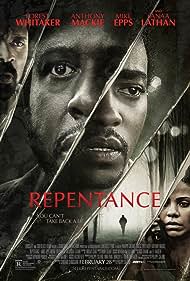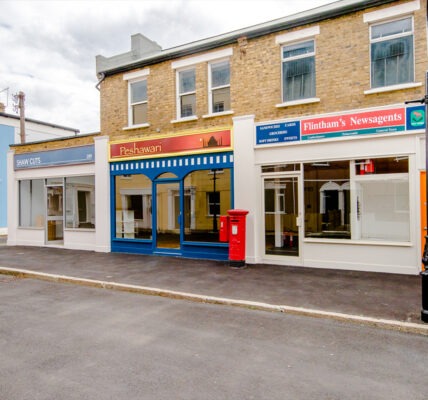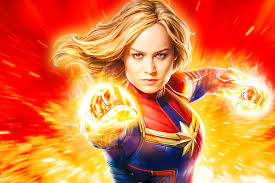Gemma Jackson – War Games
Gemma Jackson, production designer of such films as Bridget Jones’s Diary and Finding Neverland, and recent HBO smashes John Adams and Game of Thrones, tells us why satisfying a legion of Thronies has proved a creative challenge.
How involved are directors in the production design of a project?
The answer to that question depends on whether you are asking about filmmaking or TV. I am currently designing food programmes, and in this media the directors really only come in to direct. All the connecting and, very often, construction, painting and set-dressing are all done beforehand. The directors are preoccupied with the actors and the sets, in as much as they facilitate the action.
Having worked as a production designer for both film and television, what are the differences between the two?
The big difference is in the relationship with the director. When I work on TV projects, I do miss the slower and more intense relationship one has when working in film. Although film production is so speedy, I do think that TV productions—even those for HBO—move even faster than film. On Game of Thrones, for example, we have two units working consecutively throughout. That is exhausting!
How did you get involved with Game of Thrones?
I met HBO through my work on John Adams, and one or two of their producers saw this as a unique opportunity for me. I had to present my ideas and compete against other designers, but I’m happy to say I won the job!
When you’re working on extensive TV series, like for HBO, are you given a detailed brief or do you have more of a free rein?
I get outlines for the season, and then full scripts as they are written. I am very faithful to the script, and always have been. All the information should be there and from that point I can leap off into whatever fantasy seems appropriate. I will then dream and design, draw up concepts and work on selling my vision to everyone.
My art department are a skilled bunch, all with varying strengths. I give them research, drawings, sometimes just scribbles, which they will then interpret. I don’t have time to do detailed drawings, so I really rely on them. From there we work together until I feel that we are ready to share our vision with the producers.
What are the challenges with a fantasy piece like Game of Thrones?
The challenges are huge! The scale is gigantic and the scheduling murderous. So keeping all the worlds visually intact and instantly recognisable to the audience is difficult. The other big challenge was to satisfy the already huge fan base of Thronies! Had they not been turned on by my worlds, and all other aspects of the production, we would not be working on Series Three! But every project has its complexities, disappointments and victories.
With adaptations like Game of Thrones and Bridget Jones’s Diary, do you take a lot of cues from original source material?
I do read the original source material, because in fiction the writer has more of a chance to fill in juicy details that a scriptwriter would overlook. So, yes, the original source material is fantastically useful.
You have been a production designer for over 25 years. Do you feel that the evolution of technology has affected your craft?
It has affected it hugely; the majority of changes are for the better. The scale that we can portray is so much bigger than years ago. Being able to paint out modern blemishes to create period streets, for example, is very useful and very cost effective. But we have to be careful not to let VFX overrule the art department; there must always be clear boundaries as to who is responsible for what. As much as possible, the production designer should be involved with designing set extensions. Wide vistas which tell stories but may have to be rendered in VFX can still be designed within the art department. It would be a tragedy and a travesty if VFX ruled over the art department—and I have to say that there is danger of this occurring in some instances.
Do you feel that production designers are given enough recognition?
I do, but we must all be careful to make sure that that continues. Also, I find it bizarre that there are many people within the film industry that have to ask what constitutes production design. The case is not helped by the loss of the ‘art direction’ title; at least that has artistic connotations. The art department has been at work as long as movies have been made. Without us, there is nothing to light.
I guess with 25 years’ experience comes confidence, and confidence wins more respect. I am more in control of my creativity now. I totally believe in my side of the visual storytelling, which echoes and substantiates the director’s work with the actors.
You were nominated for an Oscar for Finding Neverland; what do you think caught the attention of the Academy?
I have no idea, really. I also have no idea what caught their attention with some of the Academy’s choices this year, either… ! •
Taken from movieScope magazine, Issue 27 (March/April 2012)
SUBSCRIBE HERE to get 6 issues per year delivered to your door for just £4.99 per issue (UK postage included)












